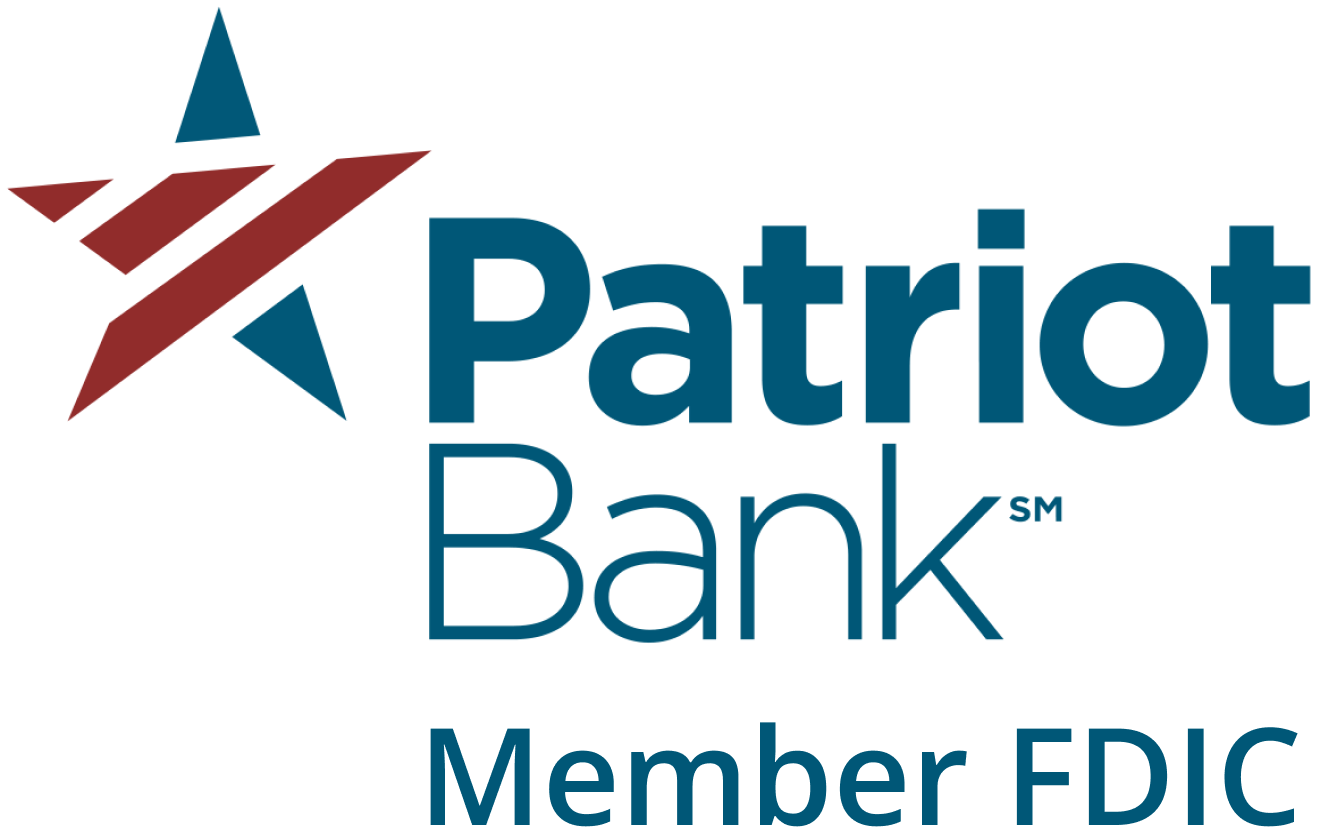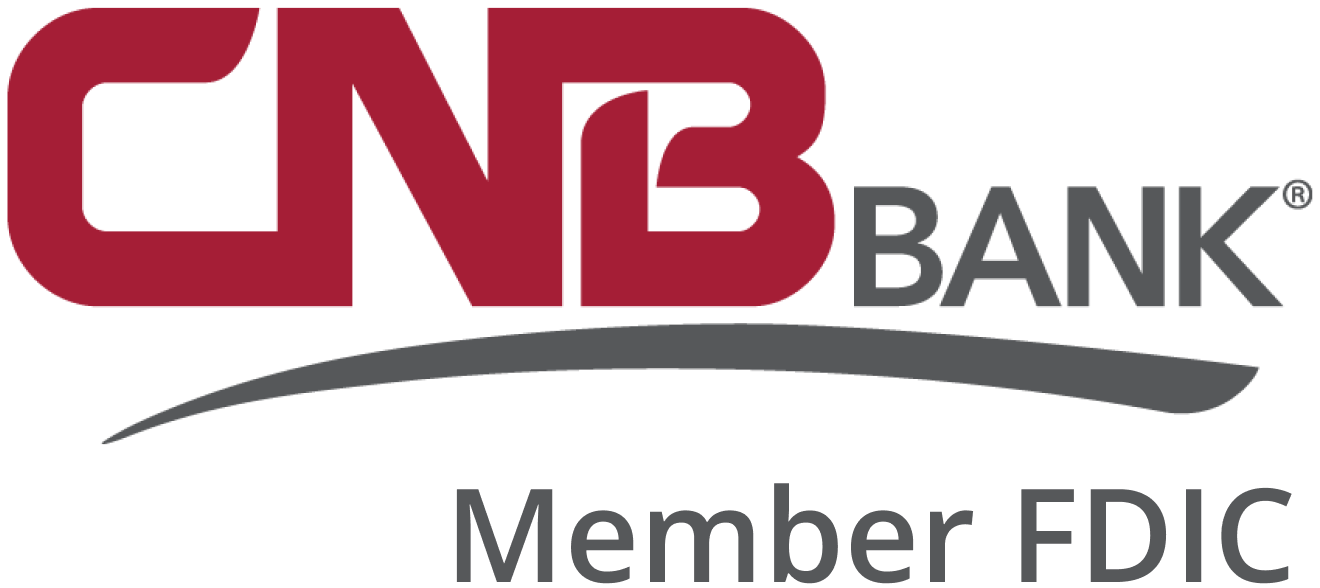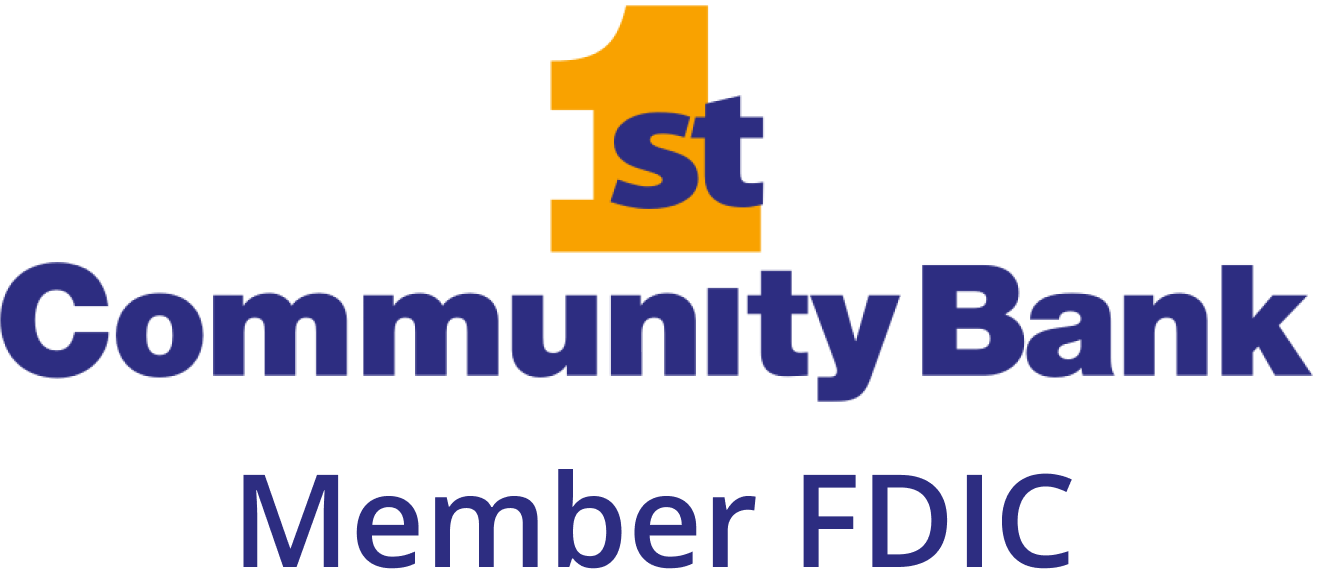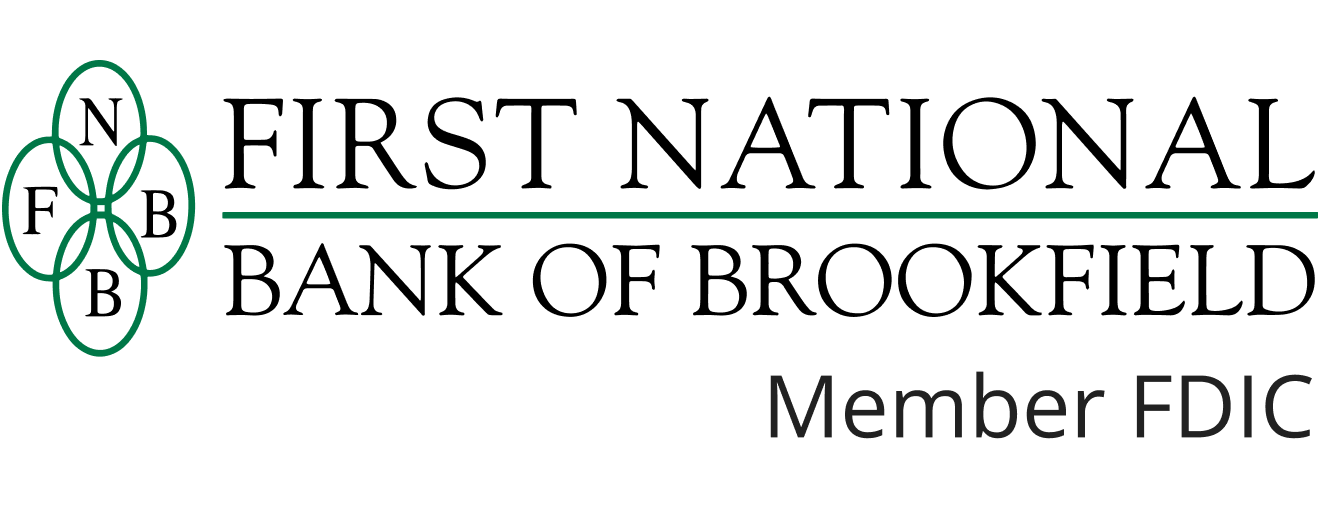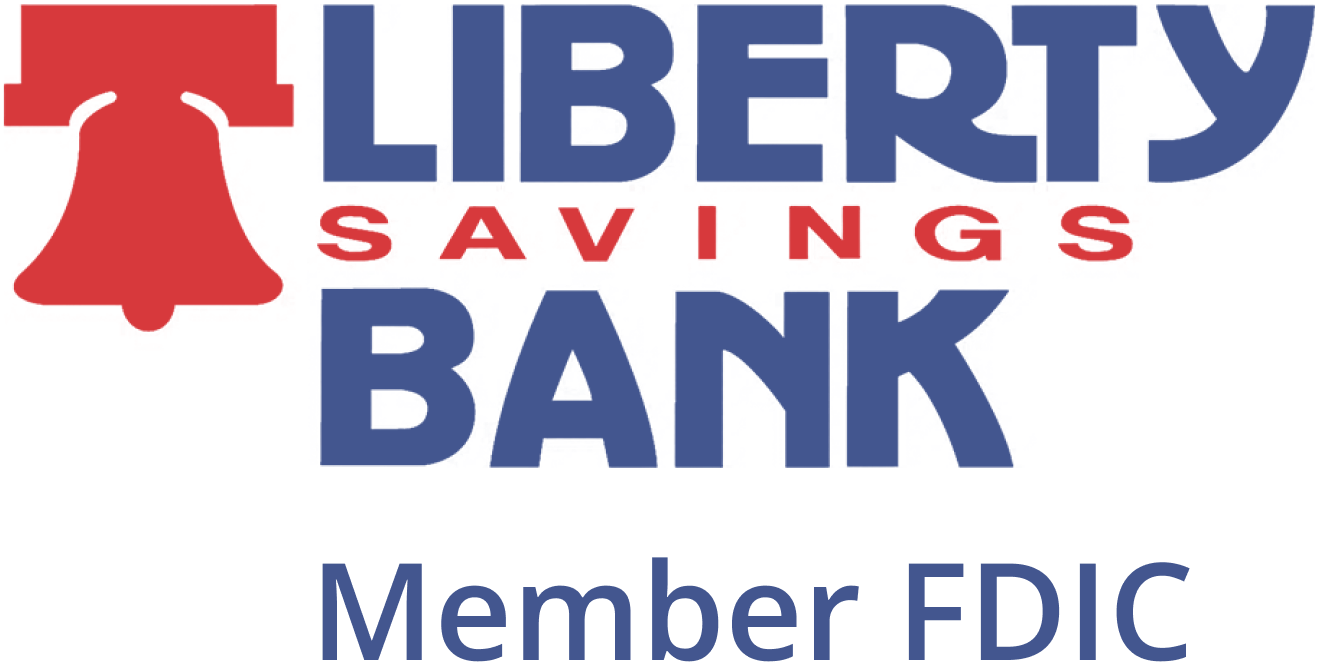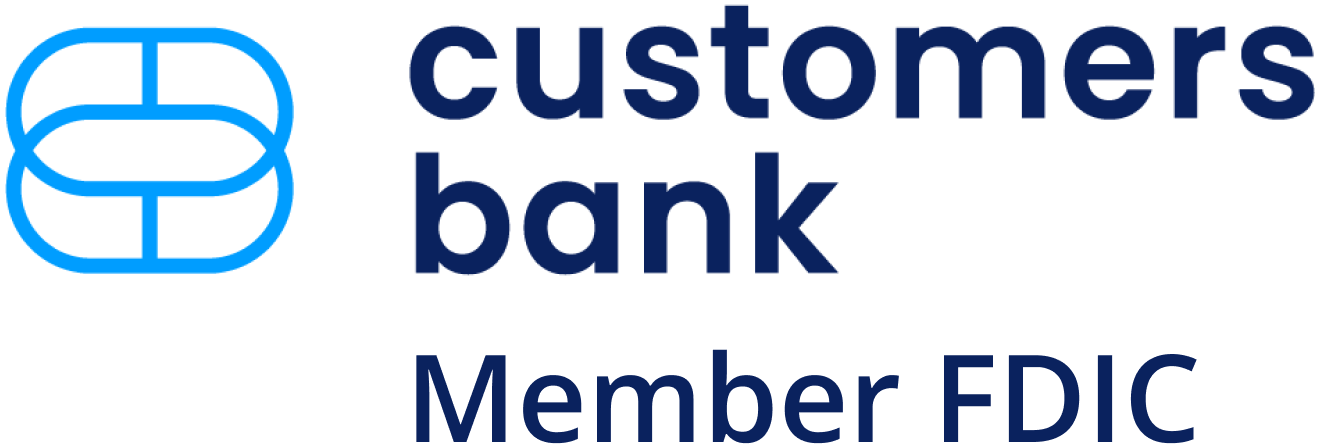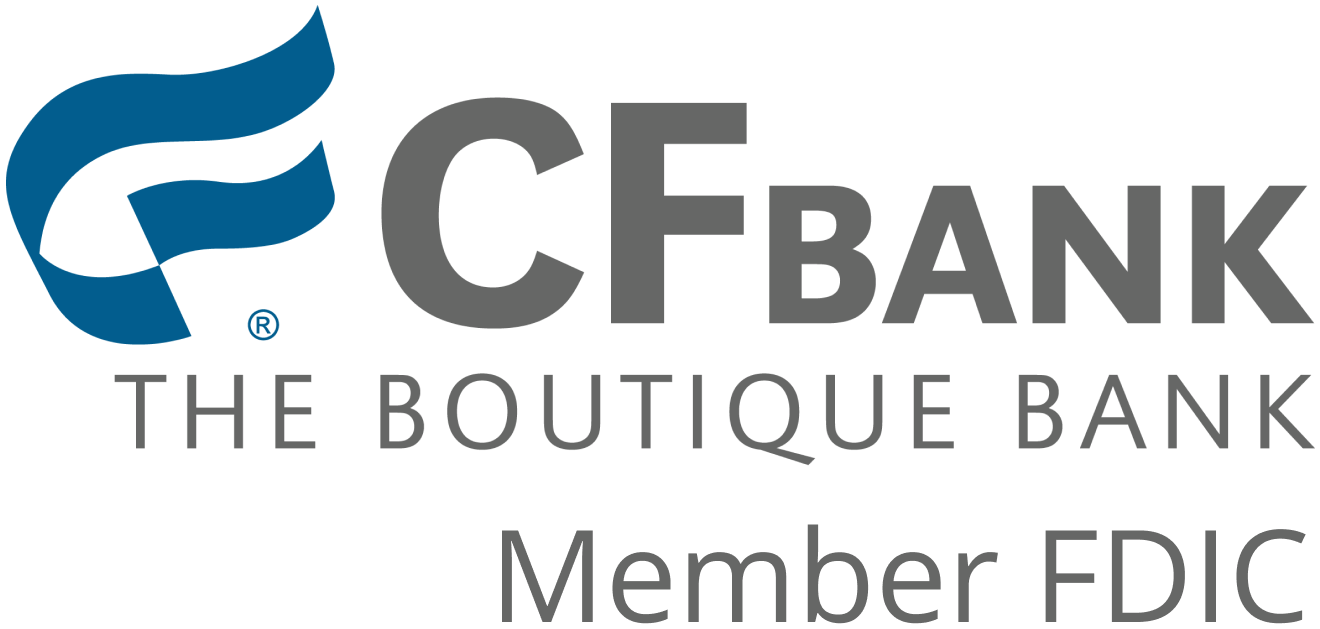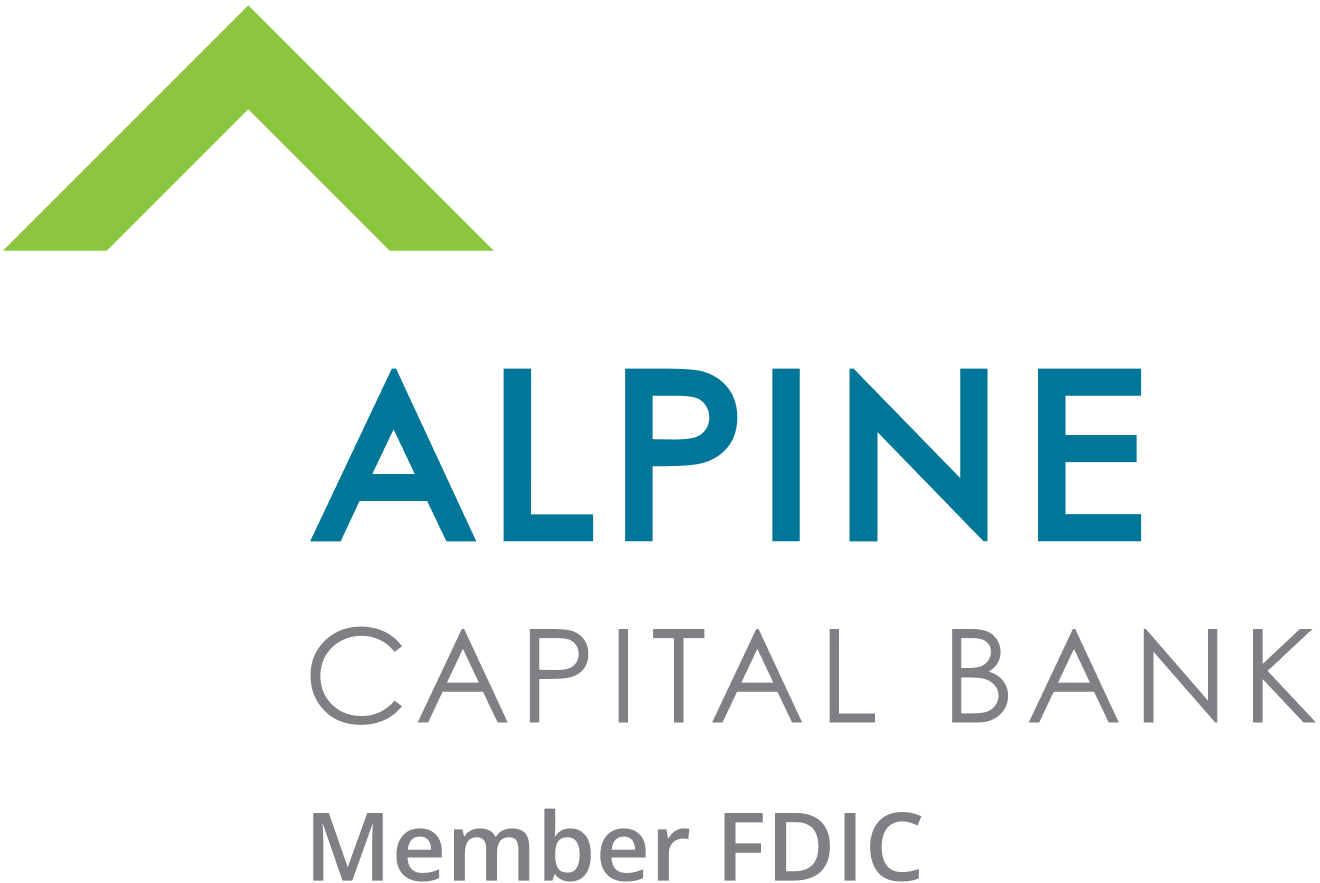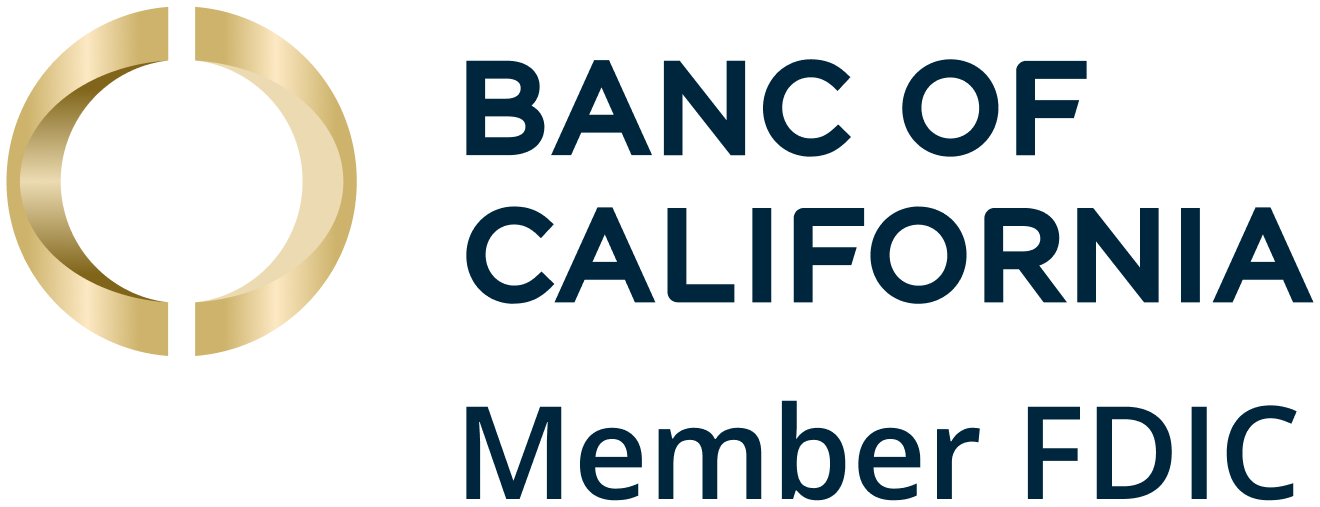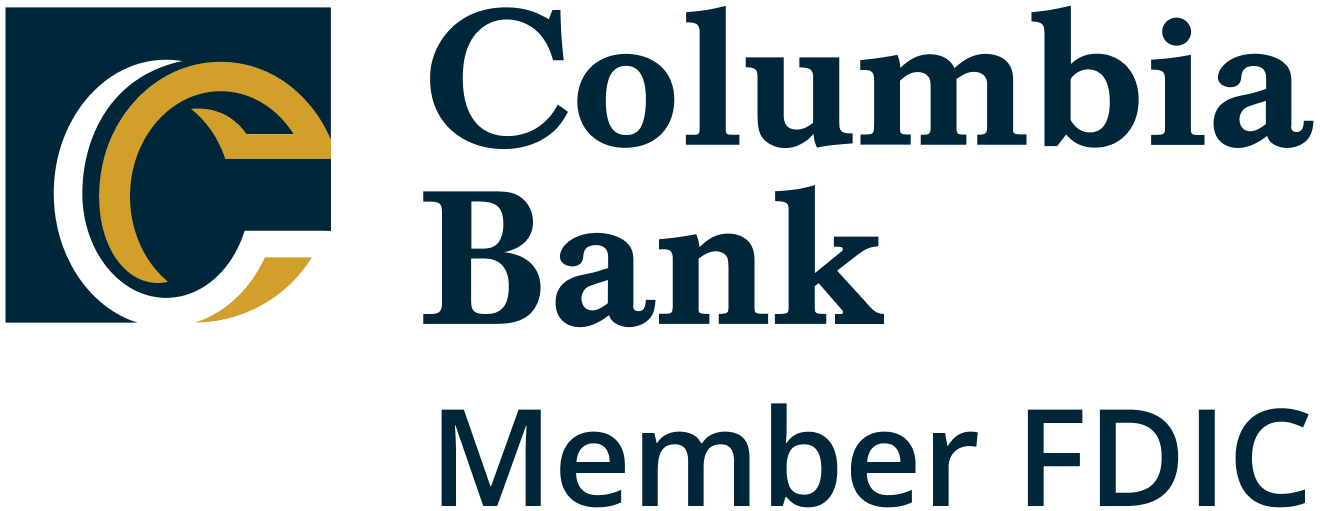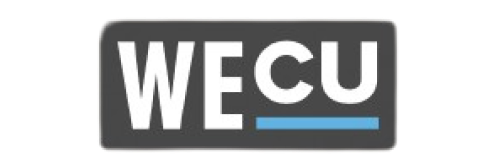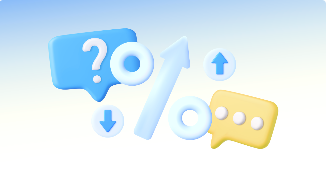How to learn about finances
Strategies that can help improve your financial literacy
Why learning about finances is important: It’s key you understand the basics of finances, as good financial literacy can set you up for a better financial future.
Learning about finances for beginners: Understanding key facts around finance, such as budgeting, saving, and investing, is a good way to get started.
Key areas of financial literacy: Bank accounts, credit cards, and budgeting can provide a solid foundation for your finances to grow from.
Why learning about finances is important
Finances can seem like a daunting topic to approach. Things like investing, savings accounts, credit cards, and loans can all feel a little intimidating, especially with all the industry-specific terms and abbreviations they come with.
But it’s important to have at least a basic understanding of the financial world, as you’ll encounter it many times throughout your life. The more knowledge you acquire, the smarter decisions you can make, which can help you set yourself up for a secure financial future. Once you learn the financial basics, you should find it easier to dive in deeper to more complex subjects, allowing you to manage your money more effectively.
Learning about finances for beginners
When you’re starting to learn more about finances, you’d be surprised at how much information is available for free online. Some options include YouTube, social media, and even podcasts, but it's important to be aware of whose content you are consuming and ensure they are a reliable source.
YouTube
One popular way to start learning about finance is YouTube. The video-sharing site is great for a bit of entertainment, but it’s also full of practical financial information, offering tips on things ranging from choosing the right savings account to getting the best deal on financing a car, saving up for a vacation, or getting started with real estate purchases.
Whatever you want to learn about finance, YouTube can be a good starting point. However, it is also important to do some research on who is posting what, to ensure you are getting reliable and factual information.
Podcast
Podcasts can also help you learn new information. There are plenty of free podcasts available that will help educate you about finances, meaning you can become more financially literate while at work, at the gym, or in the bath.
Again, not all podcasts are created equally. Be sure to do your own research and confirm that the hosts are genuinely qualified to give financial advice, rather than simply promoting products.
Social media
While social media can be one of the best ways to start learning about finances and investing, it’s important to remember that not everyone will be in the same financial position as you. What might work for someone might not work for someone else, so before following any of the advice you find online, check the source as well as your own financial situation, to ensure you’re in the best place to move forward.
Financial institutions
You may find that your own bank or mutual fund company offers free information itself. Not only will they educate you about their own products, but they could also inform you on a huge range of financial situations to help broaden your horizons. Looking at a company you already trust with your money could be a good place to start.
Raisin, for example, offers various education guides from topics ranging from saving and investing to online safety, and more. So not only can Raisin help maximize your savings potential with high-yield savings products, but you can deepen your financial understanding as well.
Books
If you’d rather keep your screen time to a minimum, people have been writing books about money for generations. You’ll be able to find books on everything from the Wall Street crash to planning for retirement, so give your local bookstore or library a visit and get browsing.
Personal finance basics
If you’re ready to start your financial education journey, whether that’s because you're a student starting out in the world of earning or because you’re wanting to learn some new skills later on in life, here are a few key things you should understand before you get going.
Understand your current financial situation
Before you start thinking about what you want to achieve with your personal finances, it’s crucial you understand your current situation. For example, you might have grand aspirations to start investing and plan for a retirement on a tropical island, but if you’re currently in debt and have credit cards to pay off, creating a solid financial foundation should be your first point of action.
On the other hand, if your finances are currently in a strong position, you might realize your money isn’t working hard enough for you in its existing savings accounts, or that your retirement fund could be better off elsewhere.
Getting to grips with where you are now will make planning where you want to end up a lot easier.
Define your goals
Setting financial goals and planning ahead for what you want your money to achieve will give you a clear path to follow, and help you understand what you need to do now to achieve your goals later.
Some of these goals might be practical things, such as paying off your mortgage by a certain time, or being able to afford to go on vacation once a year. Other goals can be more aspirational, maybe you want to buy a sports car one day, or retire early by 50.
There’s nothing stopping you from dreaming big, and with good financial planning now, you could make those dreams a reality one day.
Start saving
While investing might seem like the most exciting way to make your money do more, it also comes with risks. Markets can shift, and you may end up getting less back than you put in.
A safer way for your money to grow could be a savings account. While their interest rates might not be as high as they are with some investments, they’re generally considered more stable, and your money can work harder without you having to put in too much effort.
Options like high-yield savings accounts can help you earn more than traditional savings accounts, as they offer higher interest rates. Simply set aside a fixed amount to put away, and let your savings account do the rest. The Raisin marketplace gives you access to high-yield savings accounts with competitive interest rates. Explore your options today and start earning more on your savings!
Bank
Product
APY
New Raisin Users: 60-Day Rate Lock

mph.bank, a division of Liberty Savings Bank, F.S.B., Member FDIC
FDIC
High-Yield Savings Account
3.86%
$1,930.00

mph.bank, a division of Liberty Savings Bank, F.S.B., Member FDIC
FDIC
Money Market Deposit Account
3.76%
$1,880.00
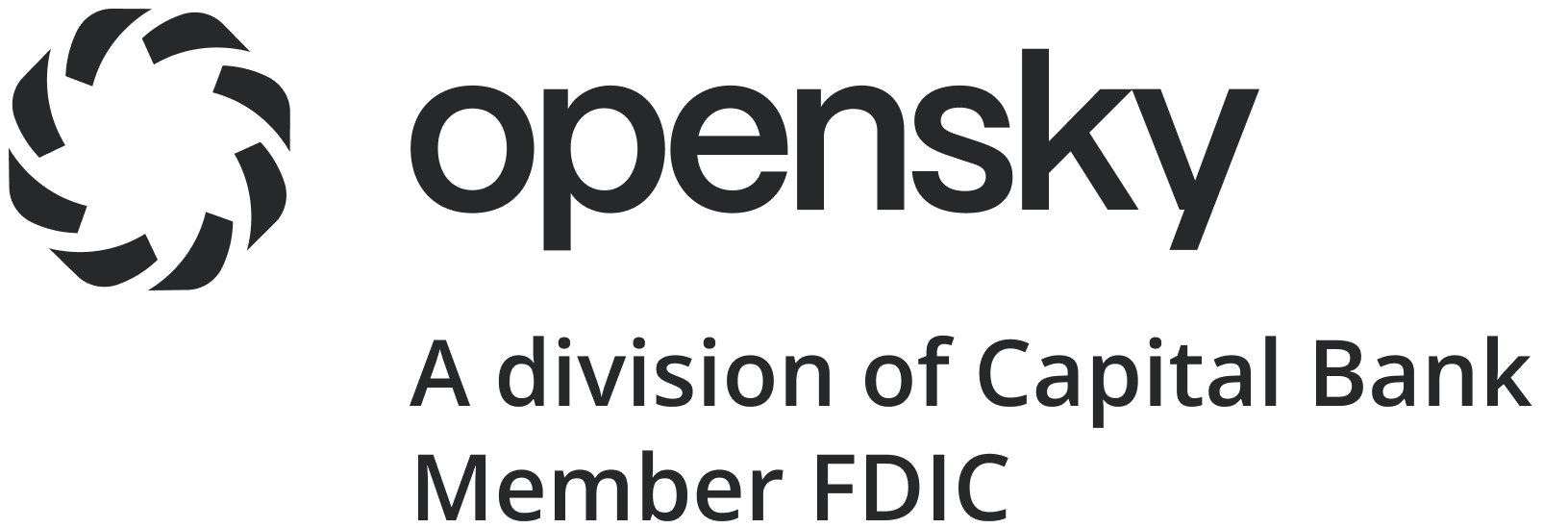
opensky, a division of Capital Bank, N.A., Member FDIC
FDIC
High-Yield Savings Account
3.67%
$1,835.00

Adda Bank, a division of Southwest Heritage Bank, Member FDIC
FDIC
High-Yield Savings Account
3.50%
$1,750.00

Paprika Capital Bank, a division of Tradition Capital Bank, Member FDIC
FDIC
High-Yield Savings Account
3.45%
$1,725.00

HealthcareBank, a division of Bell Bank, Member FDIC
FDIC
Money Market Deposit Account
3.40%
$1,700.00
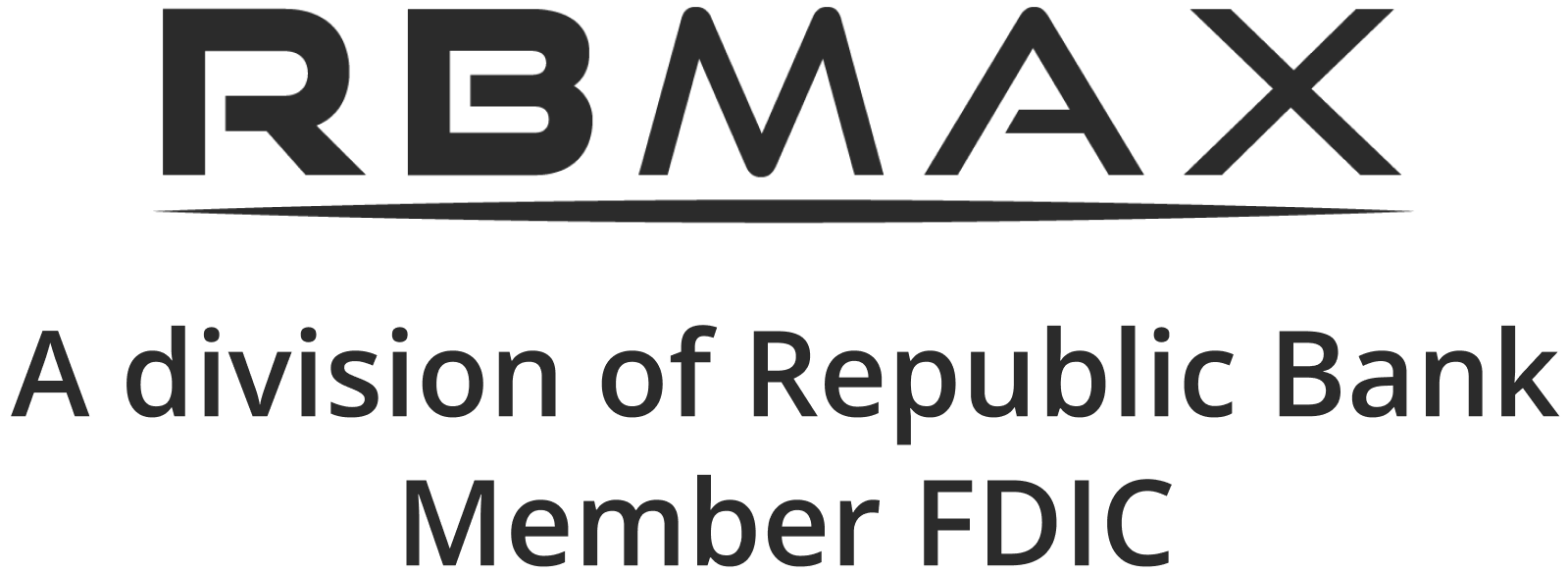
RBMAX, a division of Republic Bank, Member FDIC
FDIC
High-Yield Savings Account
3.15%
$1,575.00
Raisin is not an FDIC-insured bank or NCUA-insured credit union and does not hold any customer funds. FDIC deposit insurance covers the failure of an insured bank and NCUA deposit insurance coverage covers the failure of an insured credit union.
Set a budget
One of the most important things to learn about financial planning is budgeting. Setting a budget will give you the security that you’ll never spend more than you can afford, while potentially allowing you to set some money aside to save or invest. Think about your budget in the following three ways:
Your fixed, necessary expenses: What you have to spend every month on living expenses, such as housing, utilities, groceries, transportation, etc.
Necessary variable expenses: Money you spend each month on things you desire but don’t necessarily need, including dining out, entertainment, and non-essential shopping.
Savings and debt repayment: Money that’s set aside for your savings or for paying down debt.
Once you’ve worked out what all of that adds up to, you’ll effectively have a set budget. This will help you stay on top of what money is essential and what can be saved.
Explore your options
When you fully understand your current financial situation, you’ll be in a better place to start thinking ahead. It’s best to shop around before you decide what to do with your money, as there will be plenty of savings and investment options out there that offer different things. Work out which ones best meet your financial goals and which ones you can afford, and consider diversifying your investments so that your money has the best chance of success.
Key areas of financial literacy you need to understand
If you want to know how to learn more about finances, it’s a good idea to get the basics right first. These can generally be split up into the following three areas:
Bank accounts
It’s generally very difficult to do anything with your money without a bank account. This is the place your paycheck will typically be paid into and where you can withdraw money from.
Credit cards
Credit cards are a common financial tool that can affect your credit score. The way you use your credit card can cause fluctuations in your credit score, which may affect future lending. Therefore, it is important to use your credit card responsibly to avoid ending up with credit card debt.
Budgeting
Knowing how much you can afford to spend or save is crucial to being able to make your money grow. Creating and sticking to a budget can help you avoid spending unnecessary money and reach your savings goals faster.
Make your money do more with a high interest savings account
A high-interest savings account can be a safe way to help your investment grow. Whether you have masses of financial knowledge or are looking to improve your financial literacy, you can be confident that an account with a competitive interest rate could help your savings grow. Compare the top rates at the Raisin marketplace and get started today!
The above article is intended to provide generalized financial information designed to educate a broad segment of the public; it does not give personalized tax, investment, legal, or other business and professional advice. Before taking any action, you should always seek the assistance of a professional who knows your particular situation for advice on taxes, your investments, the law, or any other business and professional matters that affect you and/or your business.
